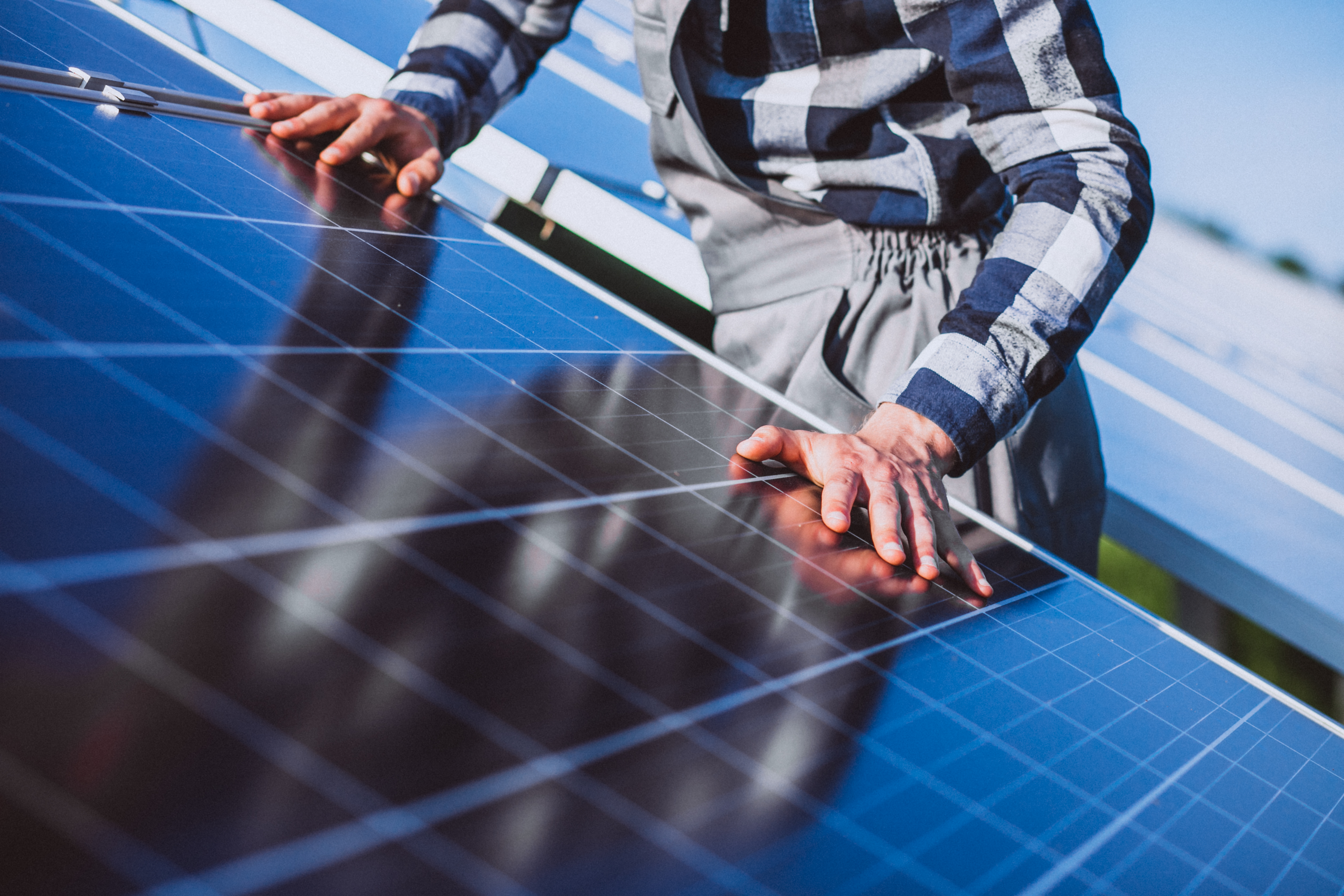Imagine a future where your electricity bill is significantly reduced, all thanks to the power of the sun. That's not just a dream, but a reality that's unfolding right now. Just think about it: In 2009, it started its solar journey with a modest 39 megawatts. Fast forward to 2020, and this number has skyrocketed to an impressive 39,000 megawatts! Homeowners, architects, industrialists, and business leaders are all diving into the world of sustainable energy and aiming for grid parity. But what exactly is grid parity? It's that magical moment when the cost of solar energy equals or even undercuts the cost of electricity from your local grid.
While the sun offers a limitless source of energy, its utilization can be complex due to factors like temperature, panel direction, weather, and the sun's angle. Therefore, it's crucial to have a reliable backup power source to meet your daily energy needs, ensuring a continuous supply of electricity.
Solar energy production isn't a straight line—it has its ups and downs based on various factors. That's why having a supplementary power source, whether the grid, a battery, or something else, is so important. When choosing a solar panel, you want to make an intelligent investment that will last. Partnering with reputable EPC players like Ideal Solar Panels lets you get the most out of your solar setup. They offer ready-to-use systems that simplify the assembly and installation, helping you select the perfect solar solution for your property. In this blog, we will compare the types of solar panel systems.
A Solar Panel System includes the following components-
- Solar panels
- Batteries
- Inverter
- DC protection system
- AC protection system
Comparison between On-grid, off-grid and hybrid solar panel system-
|
Features |
On-Grid/Grid-tied System |
Off-Grid System |
Hybrid System |
|
Dependency |
Connected to the local utility grid and this system served as an additional source of electricity. |
Not connected to the local grid and works independently. |
Connected to the grid but also stores extra electricity in batteries. |
|
Energy Yield |
Can supplement low energy yield with the grid and transfer surplus energy via net metering. |
Relies solely on solar energy stored in batteries. |
Extra energy is stored in batteries; once charged, surplus is exported to the grid. |
|
Power Shutdown |
Loses power during a grid outage if there is no battery backup. |
Does not lose power during a grid outage as it uses stored solar energy. |
Does not lose power during a grid outage due to both grid and battery backup. |
|
Cost |
Charges a basic service fee and extra fees for using the grid. |
Costs more initially because of the need for battery storage. |
Costs moderately, combining features of both grid-tied and off-grid systems. |
|
ROI |
Gets money back faster due to savings from net metering and lower electricity costs. |
Gets money back faster because it does not depend on the grid. |
Gets steady and cost-effective returns without needing large storage systems. |
|
Components |
Solar panels, meters, grid-tied inverters, local grid. |
Solar panels, batteries, inverters. |
Solar panels, batteries, inverters, meter, grid. |
|
Use-Cases |
Good for homes, businesses, and industries with a strong grid. |
Good for farms, industrial properties, remote areas, and construction sites. |
Good for farms, homes, small power grids, rural areas, and offices. |
|
Explanation via image |
|
|
|
Solar Panel Systems Pros and Cons-
|
Solar Panel Systems |
Pros |
Cons |
|
Grid-tied Solar Panel System |
|
|
|
Off-grid Solar Panel System |
|
|
|
Hybrid Solar Panel System |
|
|
How to pick the best solar panel system option for you-
The above comparison and pros & cons give you an easy understanding while choosing solar panel systems. A simple on-grid system is the best financial choice. Inverters can use the grid to supplement low energy output and transfer surplus energy produced by the solar panel back to the grid through net metering and receive compensation.
However, your electricity supply will be disrupted during a power outage if your system isn't connected to a battery backup. Even if your solar panel covers your monthly electricity usage, you'll still be charged a basic service fee and demand charges for grid connection. For commercial connections, higher rates are often applied during peak periods.
So, what is holding you back from moving forward? Get your solar panel system installed today with our professional team members and start saving on your electricity bills with Ideal Solar Power.



